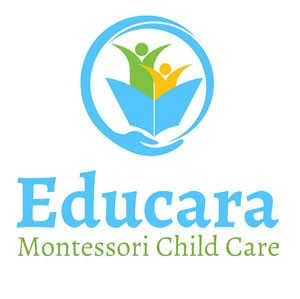Inclusiveness is a basic tenet of the Montessori philosophy. As such, Educara has created an environment that fosters inclusiveness and belonging in all aspects of its programs. Staff members engage in and support positive and open relationships and connections among children, parents, and the community. We promote peace and acceptance of diversity in peoples and cultures while respecting the individual.
Our hiring policy ensures that we employ professional Early Childhood educators who, as primary caregivers, support families, and understand the needs of each child as an individual.
At Educara, we also have a unique opportunity for children to belong to an intergenerational community. Children feel connectivity to a larger group of people that includes the elderly. Proven benefits of intergenerational programs include (United, Generations, 2007):
• Improved foundation for reading and related activities compared to their peers at other schools.
• Enhanced Social Skills: Interacting with older adults enables youth to develop social networks, communication skills, problem-solving abilities, positive attitudes towards aging, a sense of purpose, and community service.
• Promotes good self-esteem. Young children who interact with older adults in a co-located facility experienced higher personal and social development by 11 months compared to children in non-intergenerational facilities.
• Decreased Negative Behavior: Youth involved in intergenerational mentoring programs are 46% less likely to begin using illegal drugs, 27% less likely to begin using alcohol, and 52% less likely to skip school.
• Increased Stability: Children and youth gain positive role models with whom they can interact regularly. They develop many positive relationships with civic attitudes and behaviors, including volunteering habits, a sense of efficacy, and trust.


